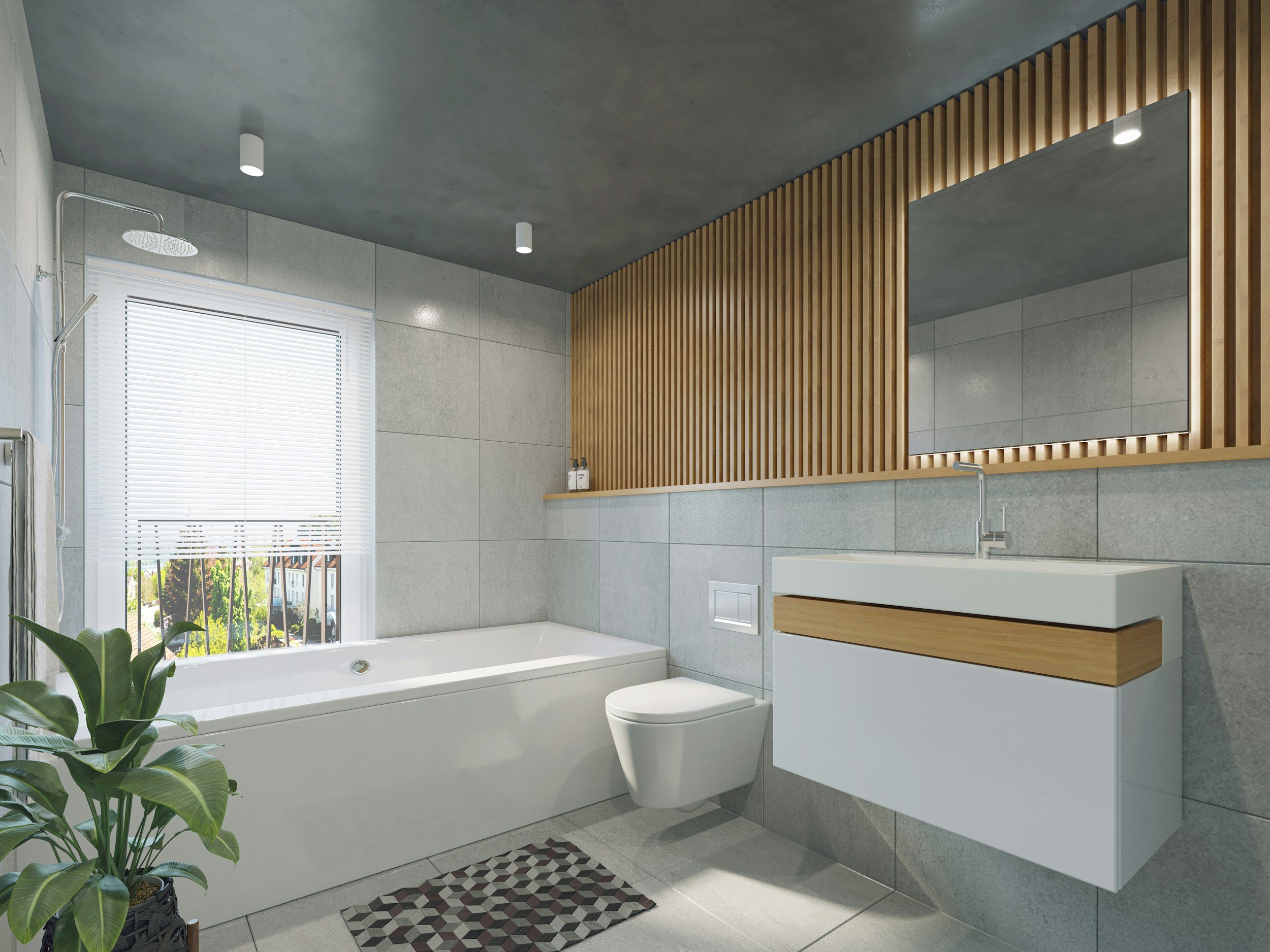The Connection Between Fashion And Real Estate Markets
By PAGE Editor
The fashion and real estate markets have little in common at face value. Nonetheless, when you look at it closely, there are many similarities and dependencies. Fashion and real estate markets influence each other in diverse ways.
Herein, we'll examine the similarities and connections between fashion and real estate markets. And check for property for sale in Karsiyaka in North Cyprus here.
Aesthetic appeal
What first captures your attention when shopping for apparel or a property? Aesthetic value is among the top similarities seen in real estate and fashion. When browsing through the extensive Hauzisha own compound rental properties, for example, the images will likely be the first thing to catch your eye and attract you to a property.
Curb appeal and proper staging are among the top considerations that help marketers attract more users and improve their market value. The same applies in the fashion market, where designers want to catch the eye with unique clothes.
Consumers want unique designs that express their tastes and preferences in both the fashion and real estate markets, which is arguably the most obvious similarity.
Trends
Trends drive fashion and real estate markets. Designers and developers must stay on their toes to ensure they deliver products that consumers desire. A fashion design that was a hit a few years ago is practically obsolete today. While real estate trends aren't as fast-paced as the case with the fashion world, they significantly shape the industry.
Today, for example, green energy and eco-friendly designed and developed properties are no longer fancy considerations as they were a few decades back. Consumers are increasingly focused on preserving the environment, which property developers must keep up with. If developers consider it an afterthought, their properties won't fetch the best price.
The real estate and fashion markets' success significantly hinges on the ability to anticipate consumer needs. This ensures that the developed solutions match the ever-evolving consumer preferences, which allows investors to secure a high ROI (return on investment).
Social proof
Where you live and what you were are a part of your social identity. Individuals who wear high-end designer clothes and live in luxurious neighborhoods are usually seen as successful and wealthy. This is one of the main aspects vividly showing the connection between the fashion and real estate markets. They convey an individual's social status, which is considerable given that everyone wants to be a part of a community that matches their situation.
Gentrification
A neighborhood's value is significantly impacted by its residents. For instance, a neighborhood's influx of fashion-forward individuals and businesses can lead to gentrification. An undervalued and neglected neighborhood can quickly become attractive when fashion-conscious residents move in and start to change the status quo.
Such residents want to improve the neighborhood to exude their taste and status. This could be as simple as improving the curb appeal that sets the pace for others. The aesthetic improvements drive other changes. This is because investors and property developers are more drawn to creative hubs since such areas are likelier to attract more people. The improvements, such as better infrastructure, increase the neighborhood and property value. This is evidence of how fashion-forward markets drive real estate market development.
Economic considerations
Fashion and real estate choices are strongly dependent on economic trends. When the economy is strong, more consumers will likely turn to high-end fashion items. They also move into and invest more in real estate, which drives more developments. When the economy takes a downturn, so does the consumer behavior.
Where do you shop and why? What are the property values in areas with high-end fashion stores? Property values coincide with the residents, who also show a pattern in their fashion taste. While different, fashion and real estate markets are intertwined in many ways, each influencing the other's development.
HOW DO YOU FEEL ABOUT FASHION?
COMMENT OR TAKE OUR PAGE READER SURVEY
Featured










KANE Footwear expands its sustainable recovery portfolio with the Revive OB, an open-backed performance shoe engineered from Brazilian sugarcane-based foam to deliver hands-free convenience, biomechanical support and lower-impact manufacturing.